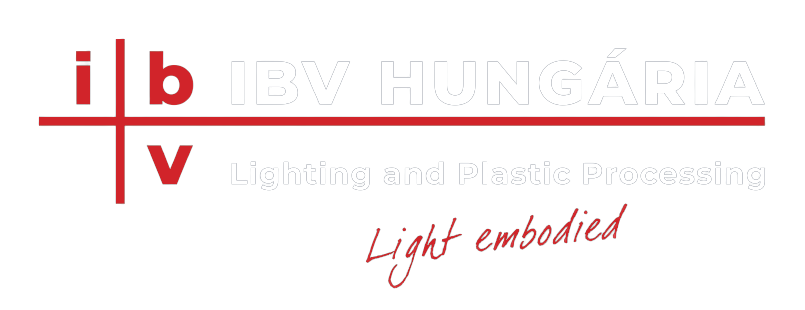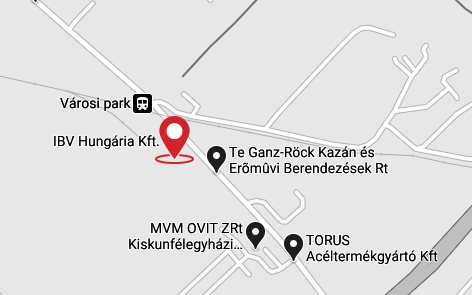
Sustainability in our product development
What is LCA – life cycle evaluation?
Life cycle evaluation (LCA) is the systematic analysis of the environmental impact of products and/or services done during their life cycle: from resource exploitation to waste management. It includes the suppliers, and the downstream processes connected to manufacturing (e.g.: production of raw materials and consumables), the resource utilisation phase and the waste management (waste recycling or disposal).
During the life cycle evaluation producers can further analyse and optimise their manufacturing technologies and used raw materials to reduce the environmental impact of their products by bettering sustainability and competitiveness.
IBV executed an LCA evaluation with the goal to establish activities and processes that help us minimise the environmental impact of our products.
Energy efficiency in our product development process:
- We strive to enhance the illumination of people and their surroundings led by the aim to continuously develop our products. We deem it essential to focus on energy consumption and efficiency, climate protection, biodiversity, recycling and circular economy.
- We build our operation on using and improving the efficacy, quality and technological developments of the lighting industry, through continuous innovations.
Designing repairable circular products (luminaires):
- Repair is often more energy and cost efficient than a complete replacement.
- Our goal is to develop and manufacture new products that do not generate any waste and do not become waste in case of a malfunction. This way we could comply with the ideal of circular economy.
Using recycled materials
- It is an important aspect for us to use the most possibly recyclable materials, meaning we reuse them, and they are recycled at the end of their life cycle.
- Effective and economical usage of materials plays an important role together with the minimisation of waste and unnecessary faulty products.
- We aim to protect our environment by regaining raw materials from the used products.

